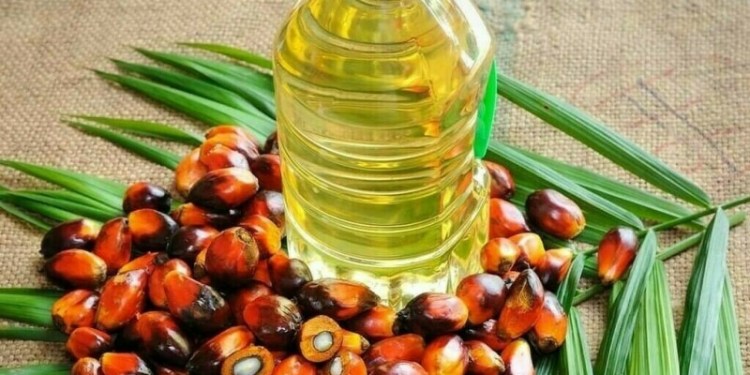* Measure seen to have done little to support global prices
* Three key producers to discuss pact at meeting in May
* Export cuts not seen appropriate now -Thai official
JAKARTA/BANGKOK, April 12 (Reuters) – Indonesia, the world’s second largest producer of rubber, wants fellow producers Thailand and Malaysia to abandon a pact to trim exports of the commodity as the measure has done little to support global prices, senior officials said on Friday.
Last August the three countries, which account for about 70 percent of world output, agreed to cut down rubber trees and trim exports by 300,000 tonnes, or about 3 percent of global production in 2012, in a bid to shore up slumping global prices.
The decision gave benchmark rubber futures on the Tokyo Commodity Exchange an initial boost, but the market has since been driven by fears the debt crisis in Europe could curb demand, with a volatile yen, high inventory in main consumer China and rising output all taking a toll.
The deal was to have expired on March 31, but Thailand, the world’s largest producer of rubber, has said it would stick to the terms for two more months, though its partners are not keen to retain the pact.
“We are proposing to the ITRC meeting not to continue,” Bachrul Chairi, the director general of foreign trade at Indonesia’s trade ministry, said on Friday, referring to the producer grouping, the International Tripartite Rubber Corp., whose next meeting is set for May.
Under the pact, Thailand agreed to reduce exports by 150,000 tonnes, Malaysia was to hold back up to 50,000 tonnes and Indonesia around 100,000 tonnes.
“NOT APPROPRIATE”
The second and third largest producers, Indonesia and Malaysia, were not keen on continuing with the pact, two Thai government officials told Reuters on Friday, at an industry meeting on the resort island of Phuket.
“Those two countries said the export-cut measure was not appropriate for the current situation,” said a senior Thai official, who asked not to be identified.
The three countries will discuss price trends as well as the supply and demand situation at their May meeting, but no date has yet been fixed.
The price of benchmark export-grade rubber sheet (RSS3) fell to $2.75 per kg in mid-2012, far below a record high of $6.40 per kg in February 2012, forcing the three countries to look for ways to prop up prices.
On Friday, RSS3 stood at $2.95 a kg, below the psychologically key $3-mark.
“The rubber price is declining, while farmers keep producing it, and Vietnam’s rubber exports keep increasing,” said Iman Pambagyo, another Indonesian trade ministry official, referring to the world’s fifth largest producer.
“We propose that ITRC look for alternatives.”
But he did not elaborate on what these might be.
Indonesia’s 2013 rubber output will rise 7 percent on the year to 3.2 million tonnes, thanks to higher yields, the Indonesian Rubber Association has said. (Reporting by Yayat Supriatna and Apornrath Phoonphongphiphat; Writing by Michael Taylor; Editing by Lewa Pardomuan and Clarence Fernandez)
Source: Reuters


























